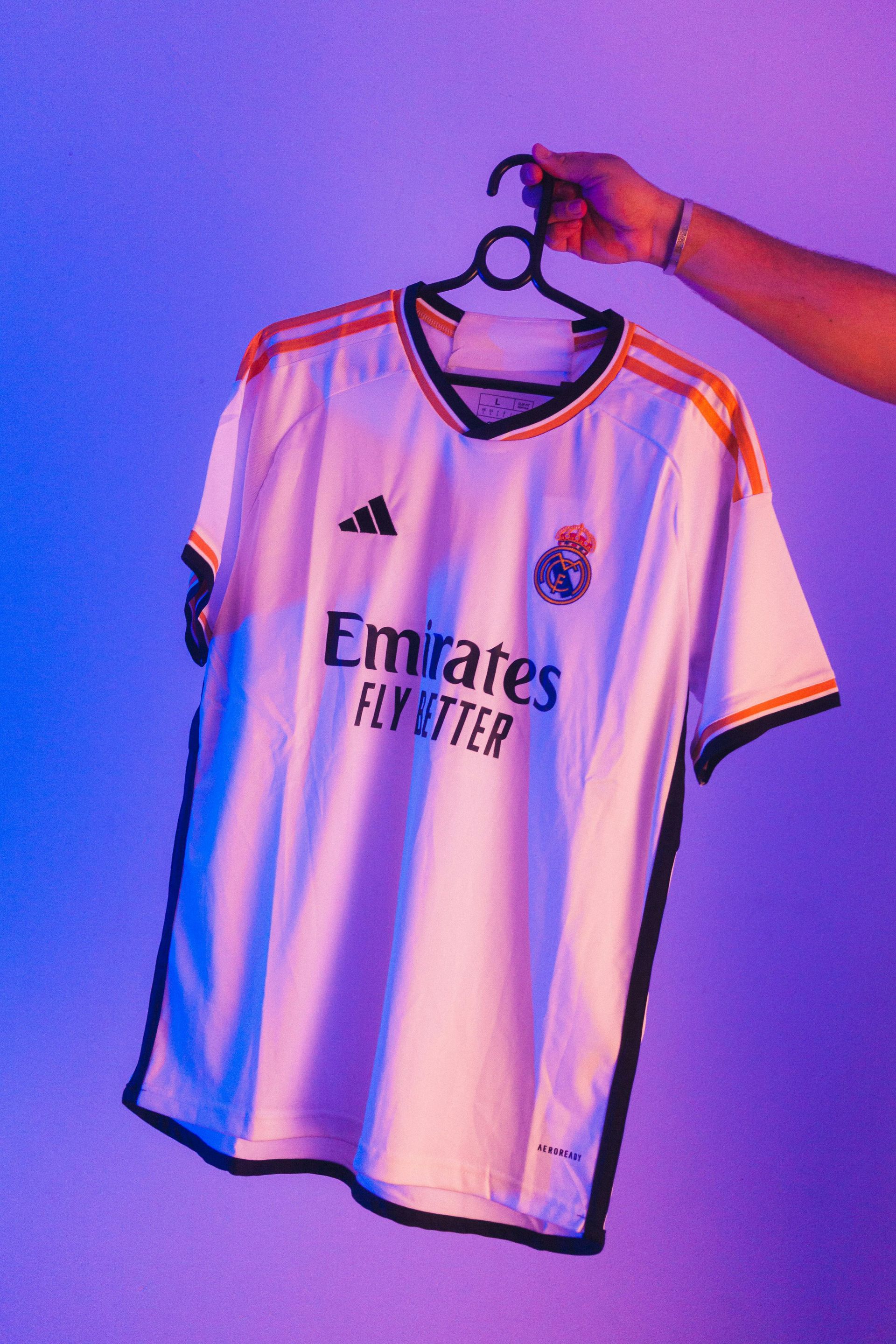Designers from Nairobi, Kigali, Kampala, and beyond are pushing boundaries, fusing heritage and high-end aesthetics to create styles that resonate both locally and internationally.
The region is producing fashion that goes beyond surface beauty—it tells stories, supports sustainability, and celebrates culture.
KikoRomeo: Reinterpreting Tradition
Kenyan brand KikoRomeo, founded by Ann McCreath, has become a key player in this evolution. Known for its eco-conscious approach and striking hand-dyed fabrics, KikoRomeo seamlessly marries traditional African craftsmanship with contemporary design. The brand often showcases prints that reflect local cultures, using materials that are as sustainable as they are stylish. KikoRomeo’s garments, ranging from flowing kaftans to intricately patterned shirts, offer a look that’s both globally appealing and deeply rooted in African tradition.
What makes KikoRomeo stand out is its commitment to heritage. Ann’s daughter, Iona McCreath, who now leads the brand, continues to innovate while maintaining a focus on the brand’s cultural roots. Their creations make it clear that luxury doesn't have to mean compromising on ethics or history.
Anyango Mpinga: Fashion with a Conscience
Anyango Mpinga has emerged as one of the most exciting designers in the region. Known for her sustainable practices and whimsical designs, her work resonates with those who seek fashion with a conscience. By sourcing materials locally and focusing on minimal waste, Mpinga’s collections—filled with bold patterns and playful silhouettes—speak to the demand for ethical fashion.
Her designs are a testament to the power of simplicity, often featuring ruffled blouses and dresses adorned with intricate African-inspired prints. Mpinga’s commitment to sustainability and her ability to connect modern design with African storytelling have made her a favorite among those who want to support socially conscious brands while staying on trend.
Adele Dejak: Jewelry with Cultural Depth
Adele Dejak’s jewelry pieces are more than just accessories—they’re expressions of African heritage reimagined for the modern world. Known for her use of recycled brass and reclaimed leather, Dejak crafts bold statement pieces that are both luxurious and steeped in tradition. Each necklace, bracelet, or earring feels like an homage to African artistry, with a modern, edgy twist.
Dejak’s creations reflect the richness of the region’s craftsmanship while bringing it into contemporary spaces. These pieces are perfect for anyone looking to add some cultural depth to their wardrobe without sacrificing style. The brand’s designs have made a significant impact, becoming a staple for those who appreciate the beauty of African-made luxury.
Moshions: The Rwandan Reinterpretation
Moshions, a luxury brand based in Kigali, has become known for blending Rwanda’s traditional designs with global high-fashion sensibilities. Designer Moses Turahirwa's work fuses cultural references with contemporary techniques, creating pieces that balance sophisticated tailoring with intricate hand-beading and embroidery. Moshions offers an elegant approach to fashion that feels timeless yet entirely current.
From tailored blazers to intricately crafted dresses, Moshions offers a versatile range of designs perfect for both formal and casual occasions. Their pieces embody a refined aesthetic that’s rooted in African culture, giving each item a sense of authenticity. Moshions is an excellent example of how luxury fashion can be grounded in local tradition while appealing to a wider, international market.
KWETU Collection: Bold, Modern, and Ugandan
KWETU Collection, hailing from Uganda, is another shining example of East Africa's evolving luxury fashion scene. With a focus on local textiles and bold, modern silhouettes, KWETU’s designs marry functionality with style. The brand’s pieces often incorporate indigenous patterns, reflecting Uganda’s rich heritage, while still appealing to those who appreciate contemporary fashion.
KWETU Collection’s designs are perfect for those looking to balance heritage with modernity. Their pieces, ranging from wrap skirts to tailored jumpsuits, fit effortlessly into both formal and casual settings, making them versatile additions to any wardrobe. KWETU’s approach to fashion proves that luxury can be accessible, practical, and deeply connected to cultural roots.
Amani Ya Juu: Empowerment Through Fashion
Amani Ya Juu, which translates to "Peace from Above," is a Kenyan brand that goes beyond fashion to empower local communities. Through its work with women artisans across East Africa, Amani Ya Juu helps to foster a sense of community and economic empowerment. The brand’s use of locally sourced materials and vibrant, culturally inspired designs reflects both the beauty and strength of East African women.
Amani Ya Juu’s collections include everything from clothing and accessories to home decor. By purchasing Amani Ya Juu pieces, consumers not only add to their wardrobes but also contribute to the empowerment of women in East Africa. The brand’s mission is one of community-building, and its designs reflect a commitment to social change through fashion.
Jok-a-Jok Bags: Stylish, Sustainable, and Local
Jok-a-Jok bags are an emerging symbol of East African craftsmanship, bringing together traditional techniques and modern sensibilities. These bags are often handmade using locally sourced materials, and the designs are inspired by African patterns, adding a distinctly regional touch to every piece. What makes Jok-a-Jok bags particularly appealing is their versatility—each bag can be dressed up or down, adding a pop of color and culture to any outfit.
These bags are a perfect example of how East African designers are taking traditional materials and transforming them into stylish, functional fashion statements. Jok-a-Jok bags are not just accessories—they’re cultural artifacts, telling a story of craftsmanship, sustainability, and modern luxury.
A Future Defined by Heritage and Luxury
As more brands like KikoRomeo, Moshions, and Jok-a-Jok continue to gain recognition, East Africa’s fashion industry is set to become a major player on the global stage. What makes the region’s designers stand out is their ability to merge high-end luxury with rich cultural heritage, creating pieces that reflect both the beauty and the stories of the people behind them.
This growing movement is proof that luxury fashion doesn’t have to be disconnected from its roots. It can, in fact, be enriched by them—sustainability, cultural pride, and community empowerment are becoming the cornerstones of what defines true luxury. Through these brands, East African fashion is telling a new story, one that is rooted in culture and has global appeal.




